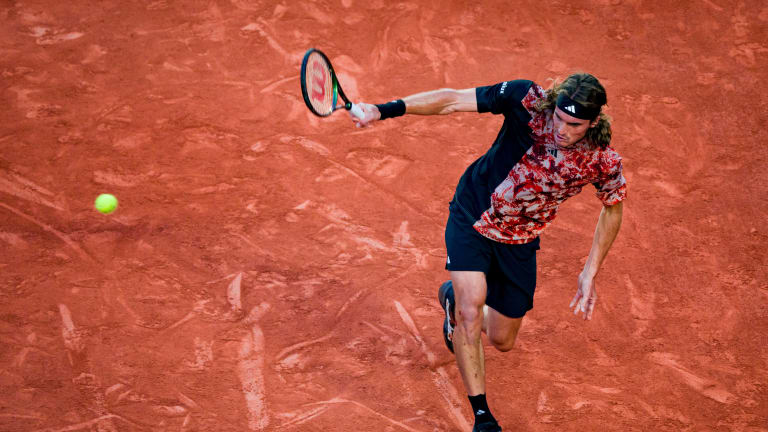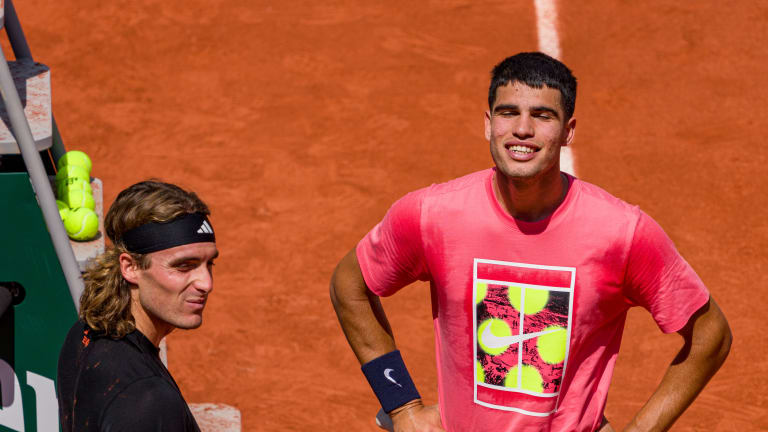They Said What?
The serial reimaginings of Stefanos Tsitsipas
By Jun 03, 2023They Said What?
'Big Brother' is watching ... tennis: Many eyes, in many ways, are on the sport in 2025
By Feb 13, 2025They Said What?
“There’s nothing wrong with not being Novak”: Sloane Stephens gets candid on Tennis Insider Club podcast
By Oct 21, 2024They Said What?
"New Heights" with Stefanos Tsitsipas
By May 15, 2024They Said What?
A Class Act, Easily Ignored: Kudos to Ons Jabeur
By May 06, 2024They Said What?
Luca Nardi defeats Novak Djokovic: Teachable moments from a stunning upset
By Mar 12, 2024They Said What?
Are we witnessing a new Daniil Medvedev?
By Jan 25, 2024They Said What?
Dayana Yastremska's racquet is doing the talking at the Australian Open
By Jan 22, 2024They Said What?
Deciding when to retire is a unique case for tennis players. Just ask Andy Murray
By Jan 18, 2024They Said What?
Roger Federer may not be tennis' GOAT, but as Rafael Nadal articulated, he's a 1 of 1
By Jan 06, 2024The serial reimaginings of Stefanos Tsitsipas
The Greek player-philosopher has a deep connection with Roland Garros, but is "letting go" there the key to breaking through?
Published Jun 03, 2023
Advertising
Advertising

“My capacity is big and grand,” Tsitsipas declared shortly before the tournament began. “I can feel it.”
© © Andy Cheung / ArcK Images / Getty Images
Advertising

Tsitsipas is a big fan of Alcaraz, and the two could meet in the quarterfinals.
© © Andy Cheung / ArcK Images / Getty Images